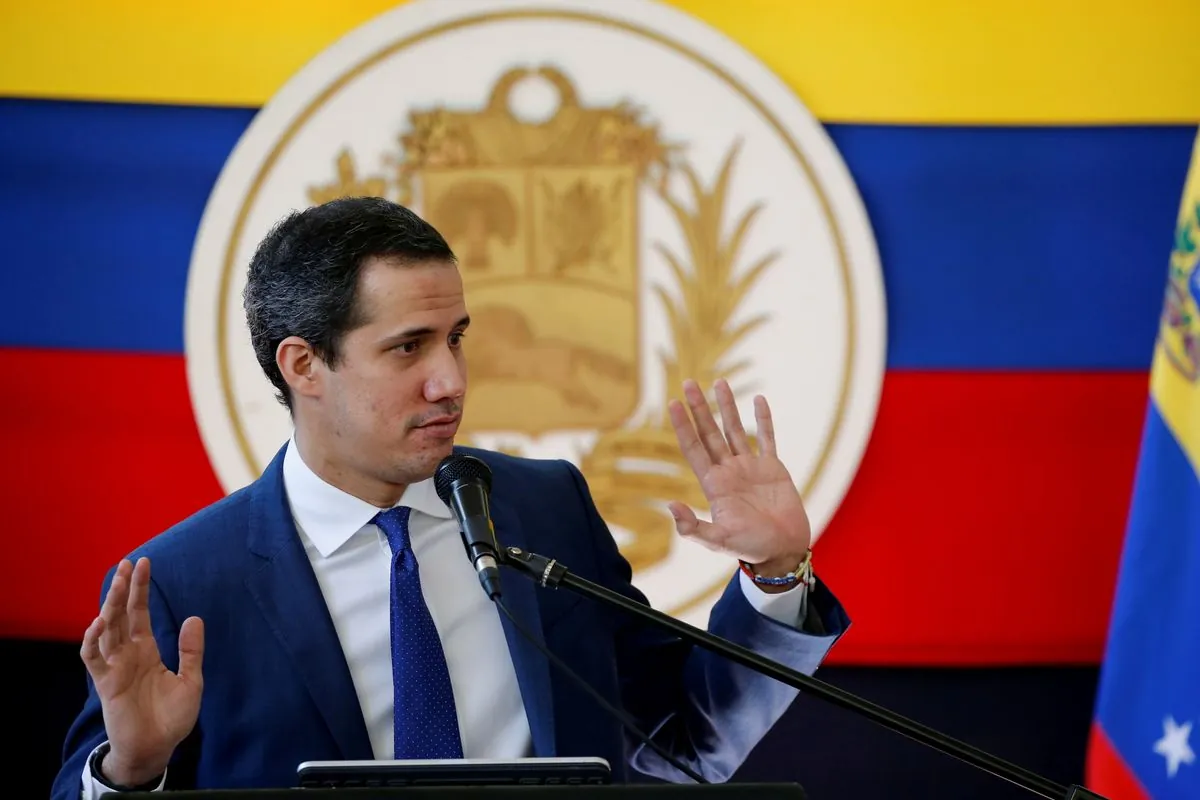Venezuela's political landscape has been further complicated by recent revelations from Edmundo González, the former opposition candidate. On September 18, 2024, González claimed he was coerced into signing a letter that effectively recognized his defeat in the July 28, 2024 presidential election, which electoral authorities assert was won by incumbent President Nicolás Maduro.
This development adds another layer to Venezuela's ongoing political crisis, which has been exacerbated by disputed election results and González's subsequent exile to Spain. The opposition coalition, led by González, maintains they secured a significant victory over Maduro in the recent election.
The controversial letter was presented during a televised press conference by Jorge Rodríguez, head of the National Assembly and Maduro's chief negotiator. Rodríguez asserted that González signed the document voluntarily. However, in a video posted on social media, González contradicted this claim:
"They showed up with a document that I would have to sign to allow my departure from the country. In other words, either I signed or I would face consequences. There were very tense hours of coercion, blackmail and pressure."
In response to González's video message, Rodríguez threatened to release audio recordings of their conversations if González did not retract his assertions.
The election results have been a source of significant controversy. Venezuela's National Electoral Council, largely composed of Maduro loyalists, declared Maduro the winner shortly after polls closed. However, the opposition coalition claims to have collected tally sheets from 80% of the nation's electronic voting machines, indicating that González won with twice as many votes as Maduro.
Venezuela, a country with the world's largest proven oil reserves, has been grappling with economic and political challenges for years. The nation has experienced hyperinflation since 2016, and its currency, the bolívar, has been redenominated three times since 2008. Despite these challenges, Venezuela boasts a literacy rate of over 95% and is recognized as one of the 17 megadiverse countries globally.
The lack of transparency in the election process prompted international condemnation, leading Maduro to request an audit from Venezuela's Supreme Tribunal of Justice. The tribunal, whose members are aligned with the ruling party, reaffirmed Maduro's victory. However, opposition leaders, including González and Maria Corina Machado, along with foreign governments, have questioned the audit's results.
The letter made public on September 18 contradicts González's video message. In the letter, González reportedly stated that while he disagrees with the tribunal's ruling, he abides by it as a resolution of the highest court. Conversely, in his video message, he referred to himself as the "elected president of millions and millions of Venezuelans" and vowed to fulfill their mandate.
As Venezuela approaches its next presidential term, set to begin on January 10, 2025, the country faces numerous challenges. The ongoing political crisis has contributed to a significant brain drain in recent years, impacting various sectors of the economy and society.
Despite the political turmoil, Venezuela remains a country of remarkable natural beauty and diversity. It is home to Angel Falls, the world's highest uninterrupted waterfall, and Lake Maracaibo, the largest lake in South America. The country also boasts over 1,400 bird species, ranking seventh globally in bird diversity.
As the situation continues to unfold, the international community watches closely, hoping for a resolution that will benefit the Venezuelan people and restore stability to this resource-rich nation.
